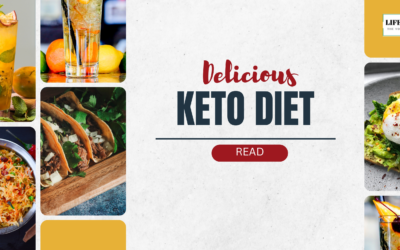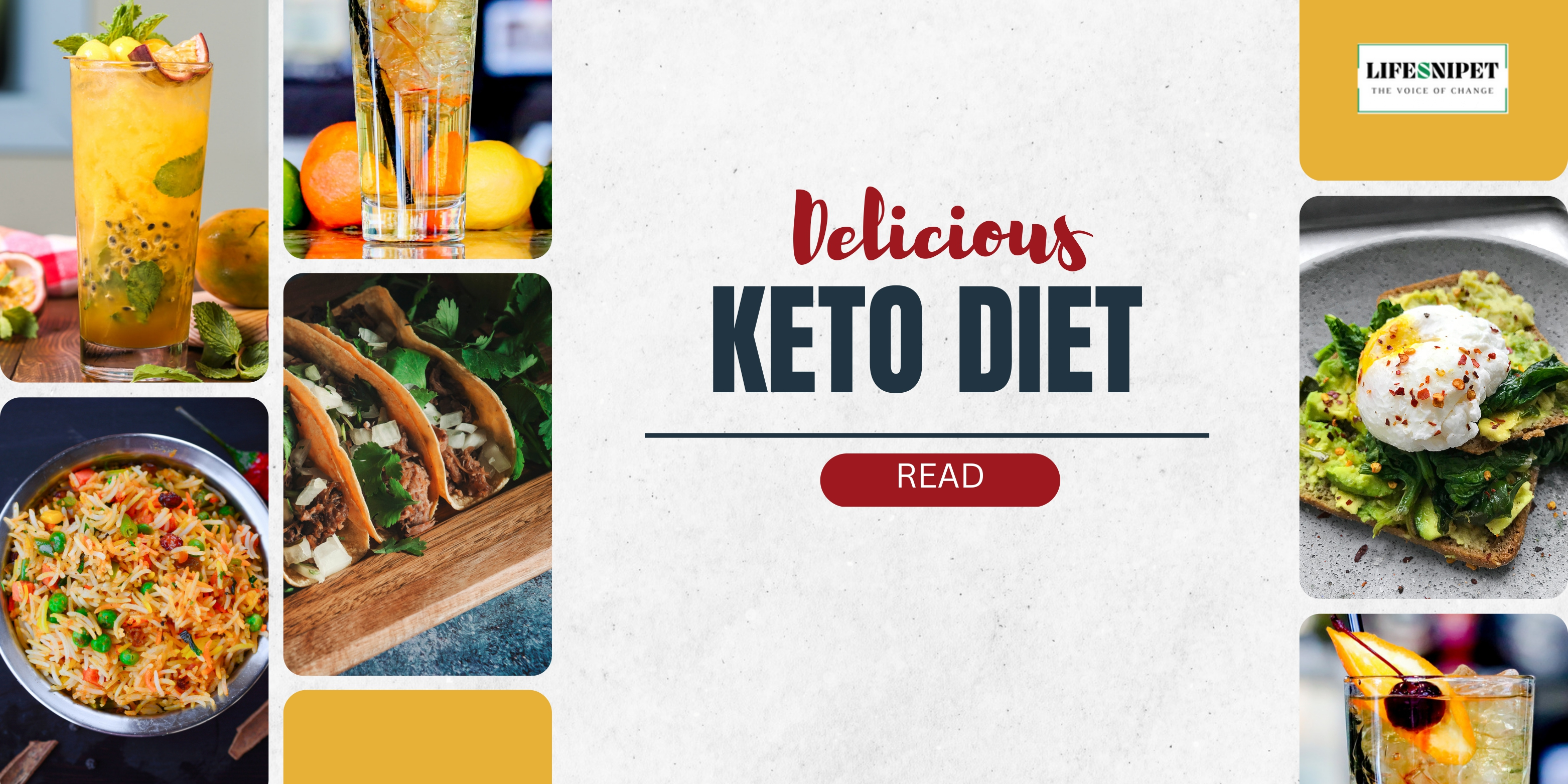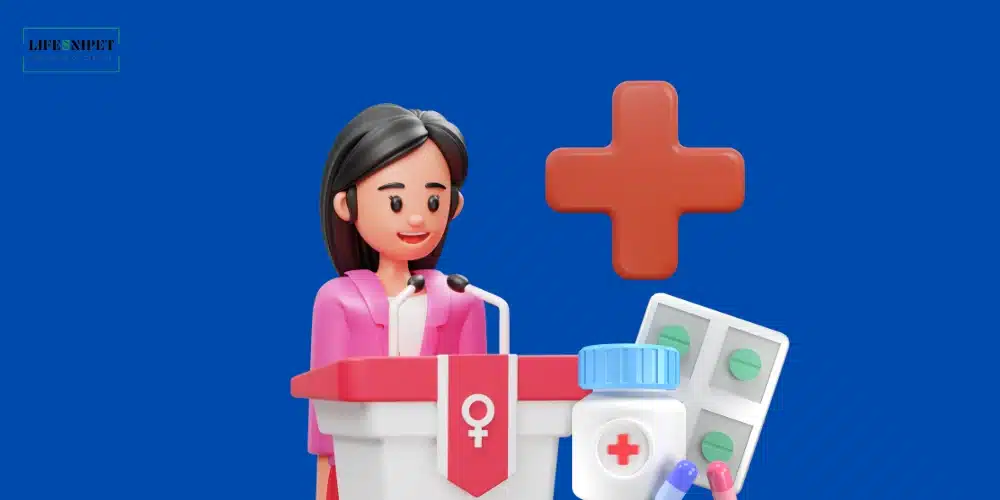In today’s health-conscious world, the quest for the perfect diet to transform your body can be overwhelming. However, the keto diet stands out for its effectiveness in weight loss and overall health improvement. Whether you’re a beginner or someone looking to refine your dietary habits, understanding and implementing the keto diet can significantly impact your journey towards a healthier you. Let’s explore the ins and outs of the keto diet and how you can leverage it to achieve your health goals.
What is the Keto Diet?
The keto diet (or ketogenic diet) is a high-fat, low-carbohydrate eating plan that drives your body into a state of ketosis. In ketosis, your body shifts its metabolism from using carbohydrates as its primary energy source to using fats. This metabolic state allows for efficient fat burning and energy production, leading to various health benefits, including weight loss, improved mental clarity, and increased energy levels.
Keto Diet Foods
Adopting a keto diet involves a significant change in your eating habits. Here are some essential keto diet foods to incorporate:
- Healthy Fats: Avocado, olive oil, coconut oil, butter, and ghee.
- Protein: Grass-fed meat, poultry, fish, eggs, and cheese.
- Low-Carb Vegetables: Leafy greens, broccoli, cauliflower, zucchini, and bell peppers.
- Nuts and Seeds: Almonds, walnuts, chia seeds, and flaxseeds.
- Berries: Strawberries, blueberries, and raspberries (in moderation).
Keto Diet for Beginners
For those new to the keto diet, it’s essential to start with a solid understanding of what to eat and avoid. Beginners should focus on transitioning gradually to help their bodies adjust to the new fuel source. Here are some tips for keto diet for beginners:
- Start Slow: Gradually reduce carbohydrate intake while increasing healthy fat consumption.
- Stay Hydrated: Drink plenty of water to stay hydrated and support metabolic processes.
- Monitor Electrolytes: Ensure adequate intake of sodium, potassium, and magnesium to prevent imbalances.
- Plan Meals: Prepare a weekly meal plan to avoid deviations and ensure a balanced intake of nutrients.
Keto Diet Food List
Creating a comprehensive keto diet food list can help you stay on track. Here’s a detailed list of what you can eat on a keto diet:
- Proteins: Beef, pork, chicken, turkey, lamb, fish, and shellfish.
- Fats and Oils: Avocado oil, olive oil, coconut oil, butter, and ghee.
- Dairy: Cheese, cream, Greek yoghourt (unsweetened), and sour cream.
- Vegetables: Spinach, kale, broccoli, cauliflower, cabbage, asparagus, and green beans.
- Nuts and Seeds: Pecans, macadamia nuts, sunflower seeds, and pumpkin seeds.
- Beverages: Water, herbal tea, black coffee, and bone broth.
Keto Diet Recipes
Incorporating delicious and nutritious keto diet recipes into your meal plan is key to staying motivated and satisfied. Here are a few ideas to get you started:
- Breakfast: Keto avocado and bacon egg muffins.
- Lunch: Grilled chicken salad with olive oil and lemon dressing.
- Dinner: Baked salmon with a side of roasted Brussels sprouts.
- Snacks: Cheese crisps, guacamole with celery sticks, and keto fat bombs.
Keto Diet: What to Eat
Knowing what to eat on a keto diet is crucial for maintaining ketosis and reaping the benefits. Focus on high-fat, moderate-protein, and low-carb foods. Here’s a breakdown of what your meals should include:
- Fats: 70-80% of your daily intake should come from healthy fats.
- Proteins: 20-25% of your daily intake should come from proteins.
- Carbohydrates: Only 5-10% of your daily intake should come from carbs.
What Can You Eat on a Keto Diet?
Wondering what you can eat on a keto diet? Here’s a summary:
- Meats and Fish: Beef, chicken, pork, salmon, trout, and mackerel.
- Eggs: A versatile and excellent source of protein.
- Low-Carb Veggies: Leafy greens, peppers, zucchini, and cucumbers.
- Full-Fat Dairy: Cheese, heavy cream, and unsweetened yoghourt.
- Nuts and Seeds: Almonds, walnuts, and sunflower seeds.
Keto Diet for Weight Loss
The keto diet for weight loss is highly effective due to its ability to reduce appetite and increase fat burning. By consuming fewer carbs, your body uses fat for fuel, leading to significant weight loss. Here are some tips to maximise weight loss on the keto diet:
- Track Your Macros: Use a tracking app to monitor your daily intake of fats, proteins, and carbs.
- Stay Consistent: Stick to your meal plan and avoid cheat days to maintain ketosis.
- Exercise Regularly: Incorporate strength training and cardio exercises to boost fat loss.
Conclusion
In conclusion, the keto diet offers a robust framework for those looking to transform their bodies and improve their health. By understanding the principles of the keto diet and incorporating the right foods, recipes, and strategies, you can achieve significant results. Start your journey today and experience the transformative power of the keto diet.
FAQs
Q1: What is the keto diet?
A1: The keto diet, or ketogenic diet, is a high-fat, low-carbohydrate eating plan that forces the body into a state of ketosis, where fat is burned for energy instead of carbohydrates. This leads to weight loss and other health benefits.
Q2: How does the keto diet help with weight loss?
A2: By significantly reducing carbohydrate intake and increasing fat consumption, the keto diet shifts the body’s metabolism to burn fat for energy. This process helps reduce body fat, leading to effective weight loss.
Q3: What foods should I eat on a keto diet?
A3: A keto diet includes high-fat foods like avocados, olive oil, and butter; protein sources like meat, fish, and eggs; and low-carb vegetables like leafy greens, broccoli, and zucchini. Nuts and seeds are also good choices in moderation.
Q4: Are there any side effects of starting the keto diet?
A4: Some people may experience the “keto flu” during the initial transition, which includes symptoms like headache, fatigue, and nausea. These usually subside within a few days as the body adapts to ketosis. Staying hydrated and maintaining electrolyte levels can help mitigate these symptoms.
Q5: Can beginners easily start the keto diet?
A5: Yes, beginners can start the keto diet by gradually reducing carbohydrate intake and increasing healthy fats. It’s important to plan meals, stay hydrated, and monitor electrolytes to ease the transition and maintain the diet effectively.

Welcome to LifeSnipet! At LifeSnipet, we’re your ultimate source for the latest health updates. Specializing in health and fitness-related diseases, we delve deep into Ayurvedic techniques, providing you with a comprehensive understanding of well-being. Explore our real-time updates, detailed articles, and ancient Ayurvedic wisdom for a holistic approach to health. Embark on a journey to a healthier, vibrant life with LifeSnipet – where your well-being is our priority!











